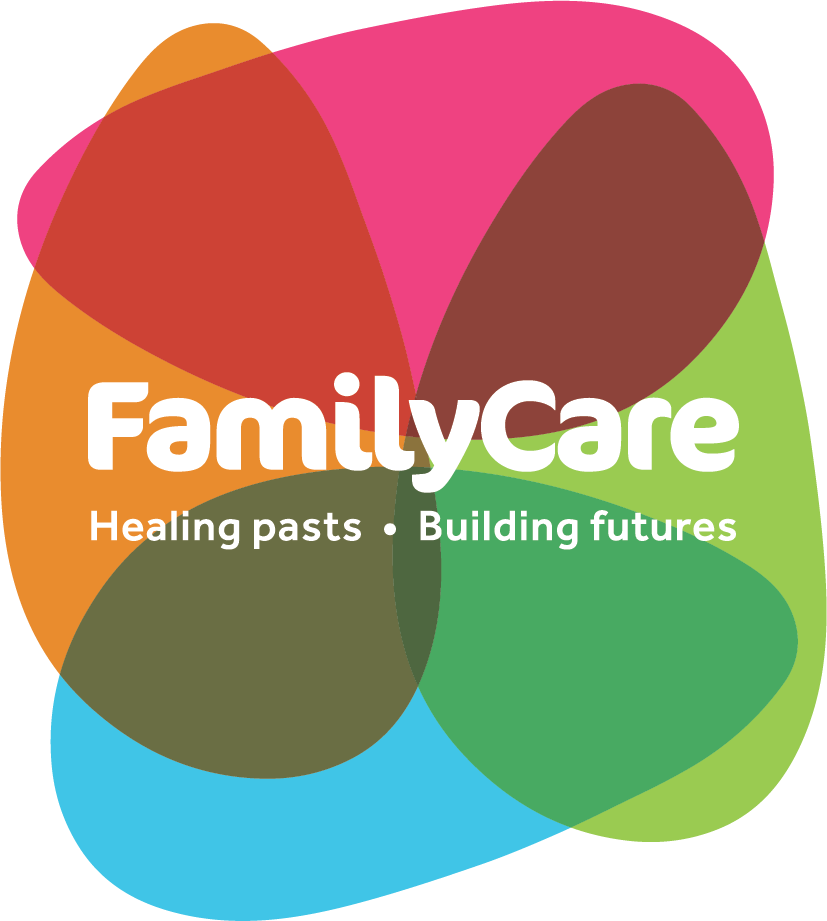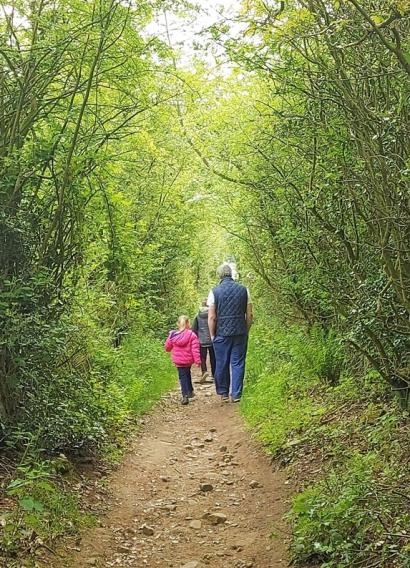Navigating Holiday Loss: Supporting Foster Children Missing Their Families

The holiday season, filled with joy and celebration, can be bittersweet for some foster children. While many of us look forward to traditions and spending time together, this time of year can often bring feelings of loss, sadness, and longing for biological families. As foster carers, you play a vital role in creating an environment that acknowledges these emotions while providing comfort and hope.
Understanding the Impact of Loss

For foster children, the holidays may serve as a reminder of what they've lost-family traditions, connections, or the presence and familiarity of loved ones. They might feel conflicted between enjoying their current experiences and missing their biological families. Even in stable and loving foster placements, these emotions are normal and valid.
How Foster Carers Can Provide Support

-
Acknowledge Their Feelings
Open conversations about their emotions during the holidays are essential. Let them know it's okay to feel sad, miss their biological families, or feel a mix of emotions. Validating their feelings can help them process their grief.
-
Create New Traditions
Introduce fun and inclusive holiday traditions that they can look forward to. Whether it's baking, decorating the house, or doing festive crafts, new traditions can foster a sense of belonging and joy.
-
Incorporate Their Past
If possible, include elements of their previous holiday traditions in your celebrations. This could involve cooking a meal they love, playing a favourite song, or displaying photos or mementoes from their past.
-
Focus on Giving Back
Encourage activities that highlight the joy of giving, such as volunteering or creating handmade gifts for others. These experiences can help shift attention away from feelings of sadness and bring a sense of fulfilment through kindness and connection.
-
Maintain Connections
Where it is both safe and appropriate, facilitating communication with their biological families can provide a sense of comfort and continuity. This might involve sending a thoughtful holiday card, picking out a present to send to their biological family, or arranging a brief phone call. These small gestures can help bridge the gap and reassure the child that their biological family is still a part of their life, even from afar.
Signs a Child May Be Struggling

It's essential to stay attuned to changes in behaviour. If a child seems withdrawn, unusually irritable, or disinterested in activities, they may be struggling with their emotions. In such cases, consider reaching out to a counsellor or therapist for additional support.
Remember to Take Care of Yourself

The emotional demands of fostering can be heightened during the holidays. Taking care of your own well-being ensures you're in the best position to support the children in your care.
A Season of Healing and Growth

While the holidays can be an especially difficult time for foster children, they also present a meaningful opportunity for connection, healing, and growth. By creating a safe, compassionate, and understanding environment, you can help children navigate this season with resilience. Simple acts of kindness, thoughtful traditions, and open communication can make a world of difference, offering them the stability and love they need during an emotional time. With your care and support, the holidays can become a time of hope, creating positive memories and reinforcing the idea that they are valued, cherished, and not alone.
If you're considering fostering and want to learn more about how you can make a difference in a child's life, visit our website or contact us at Family Care Group. Together, we can create a brighter tomorrow for children in need.
Help us make a life-changing difference:
The shortage of foster carers has a profound impact on vulnerable young people in the UK. Some young people will live far away from family, friends, and school and be separated from their siblings.
Historically, 70-80% of foster placements have been within 20 miles of the young people's home. That means 20-30% of placements are more than 20 miles away. It's evident that many young people will benefit from maintaining their current school and friendship groups, but for others, a change is in their best interests.
The average age of young people coming to live with our foster families is 10, so a change of school is imminent. Nevertheless, every effort must be made to recruit new families in local areas with high demand. If you live in the Northwest or the Midlands and would like to explore becoming a foster carer, we can help.
Read about our application process here.
Get in touch with us by completing our short inquiry form online or call us at 0800 5 677677. There is no obligation for anything more than a chat.
Start Your Fostering Journey Today

Healing Pasts | Building Futures
Since 1988
0800 5 677 677










